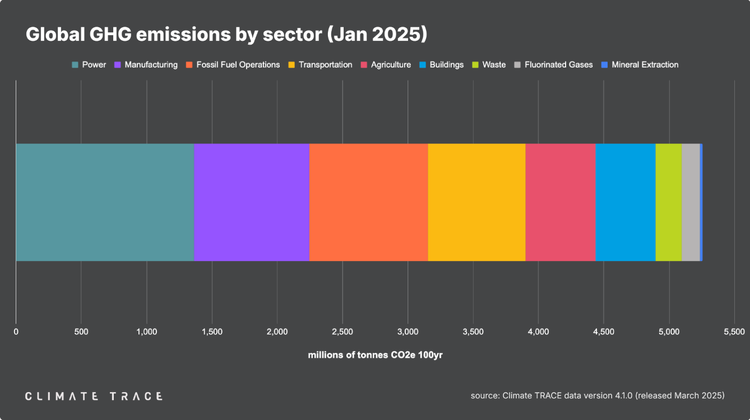PCAF: 500 FIs now signed up to financed emissions accounting standard

The Partnership for Carbon Accounting Financials (PCAF) has signed up its 500th member, expanding the number of financial institutions committed to disclosing their financed emissions based on its GHG accounting standard.
PCAF says the 500-member milestone reflects the growing momentum for financial sector transparency and decarbonisation, five years after the Partnership’s launch with just 55 members.
The organisation is behind the assessment tool allowing banks to calculate their capital markets or “facilitated” emissions: quickly adopted by global banks like HSBC, the methodology has since been integrated into the Net Zero Banking Alliance’s (NZBA) guidelines.
This means that NZBA signatories, including Barclays, BNP Paribas, Citi, Deutsche Bank, UBS and Westpac will all have to include emissions resulting from their capital market activities into their next round of climate targets (by November 2025).
PCAF now looking at transition finance and other asset classes
The PCAF standard, known as the Global GHG Accounting and Reporting Standard for the Financial Industry, is made up of three parts:
- Part A for calculating financed emissions from the likes of loans, corporate bonds, project finance, commercial real estate and sovereign debt, which was published in 2020;
- Part B to assess emissions from capital markets activities, published in late 2023;
- Part C for insurance-associated emissions, for assessing greenhouse gases linked to insurance underwriting, published in 2022.
The Partnership is now assessing new asset classes to add to its standard, including transition finance, green finance, additional insurance products and securitised and structured products – with methodology drafts to be published in late 2024.
Member growth demonstrates PCAF ‘relevance to the market’
“The adoption of the PCAF Standard by financial institutions from right across the spectrum of the global industry demonstrates its relevance to the market. As investors and stakeholders demand greater transparency and accountability from financial institutions in terms of understanding the emissions associated with their financial activity, we are committed to championing further progress,” said Angélica Afanador, Executive Director of PCAF.
Signing up to PCAF means committing to measuring and disclosing the greenhouse gas emissions associated with a portfolio of loans and investments, with access to technical assistance, a database of emissions factors and training.







Member discussion